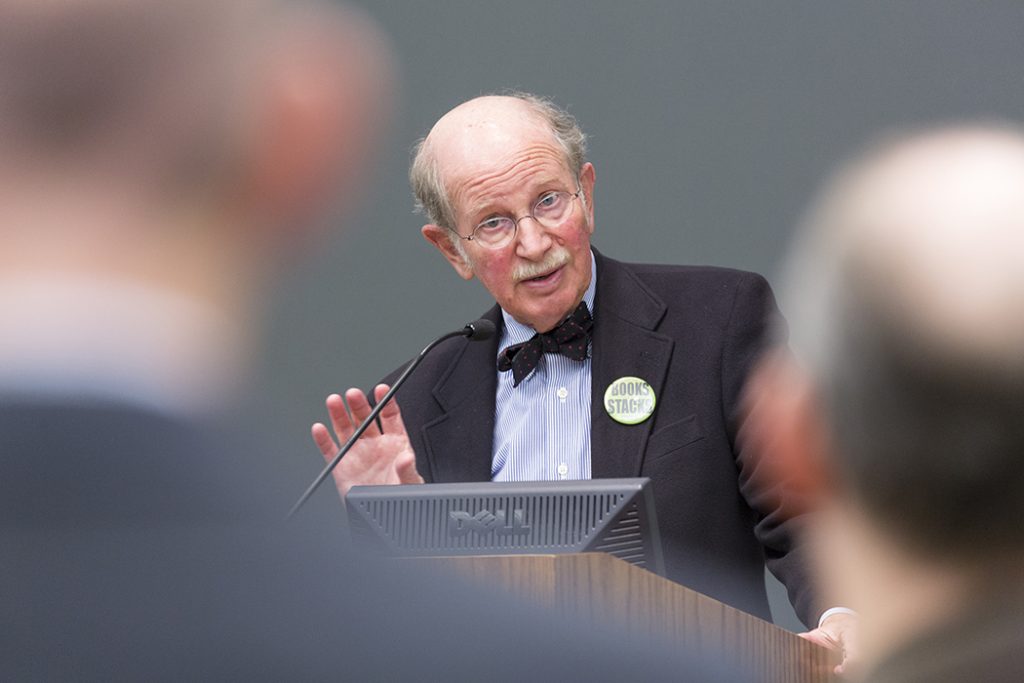Here in the US some of our most important endeavors—education, health care, museums, social services, and safety nets—depend largely on charitable support. We grant tax deductions to reward charitable giving, an expensive proposition for our country. And yet our laws don’t always ensure that philanthropic dollars actually go toward charitable purposes.
Professor Ray Madoff thinks it’s time for that to change. Though Congress has largely ignored the philanthropic sector, Madoff believes that a disciplined, focused effort to identify issues and educate members of Congress and their staffers could lead to meaningful reform.
To that end, Madoff, along with adjunct Professor Bill Bagley and Associate Professor Brian Galle, organized the Convention on Promoting Meaningful Reform in Philanthropy held at the BC Law School September 18 and 19. The private, invitation-only conference engaged more than thirty leading experts, including leaders of foundations and also scholars from disciplines as diverse as law, economics, political science, and history. Madoff’s hope is that the convention will lead to the formation of the Forum on Philanthropy and the Public Good, a non-partisan think-tank devoted to identifying issues and seeking reform.
To kick off the convention, Stanley Katz (watch his public lecture below), president emeritus of the American Council of Learned Societies and director of the Princeton University Center for Arts and Cultural Policy Studies, presented a sweeping account of the history of philanthropy in the United States at a public forum held at the law school on September 18.
Public Lecture by Stanley Katz: American Philanthropy in the 21st Century: Challenges and Possibilities
The conference was supported by grants from the Ford Foundation, the Hewlett Foundation, the Barr Foundation, the Rhode Island Community Foundation, and the Lewis B. & Dorothy Cullman Foundation.


